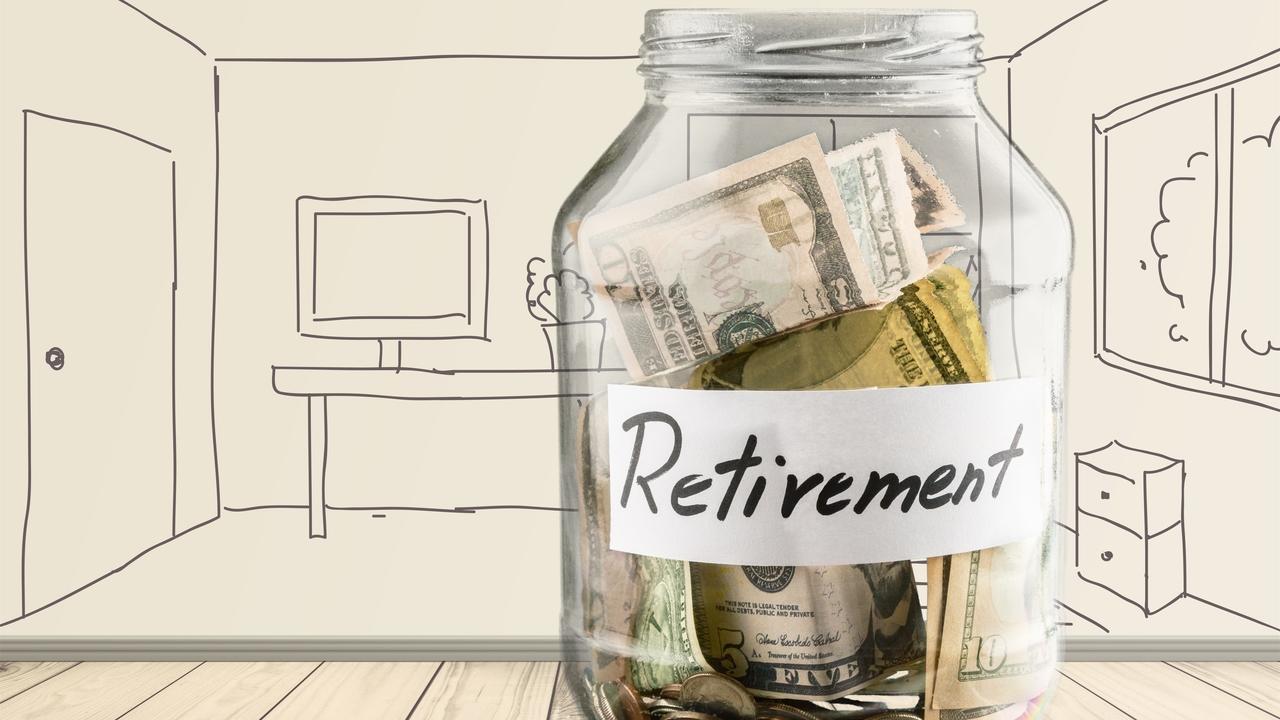Family & Aging Law Center's "Smart Planning" Blog
welcome
Get your questions answered here!
Monthly Newsletter!
Stay in the loop and savor a monthly treat of wisdom! 🌟 Our newsletter delivers hot-off-the-press blog posts, upcoming events, and delightful fun facts straight to your inbox. Don't miss a beat – Discover the latest – subscribe to our newsletter! 🚀
I RESPECT YOUR PRIVACY. NO. SPAM. EVER








